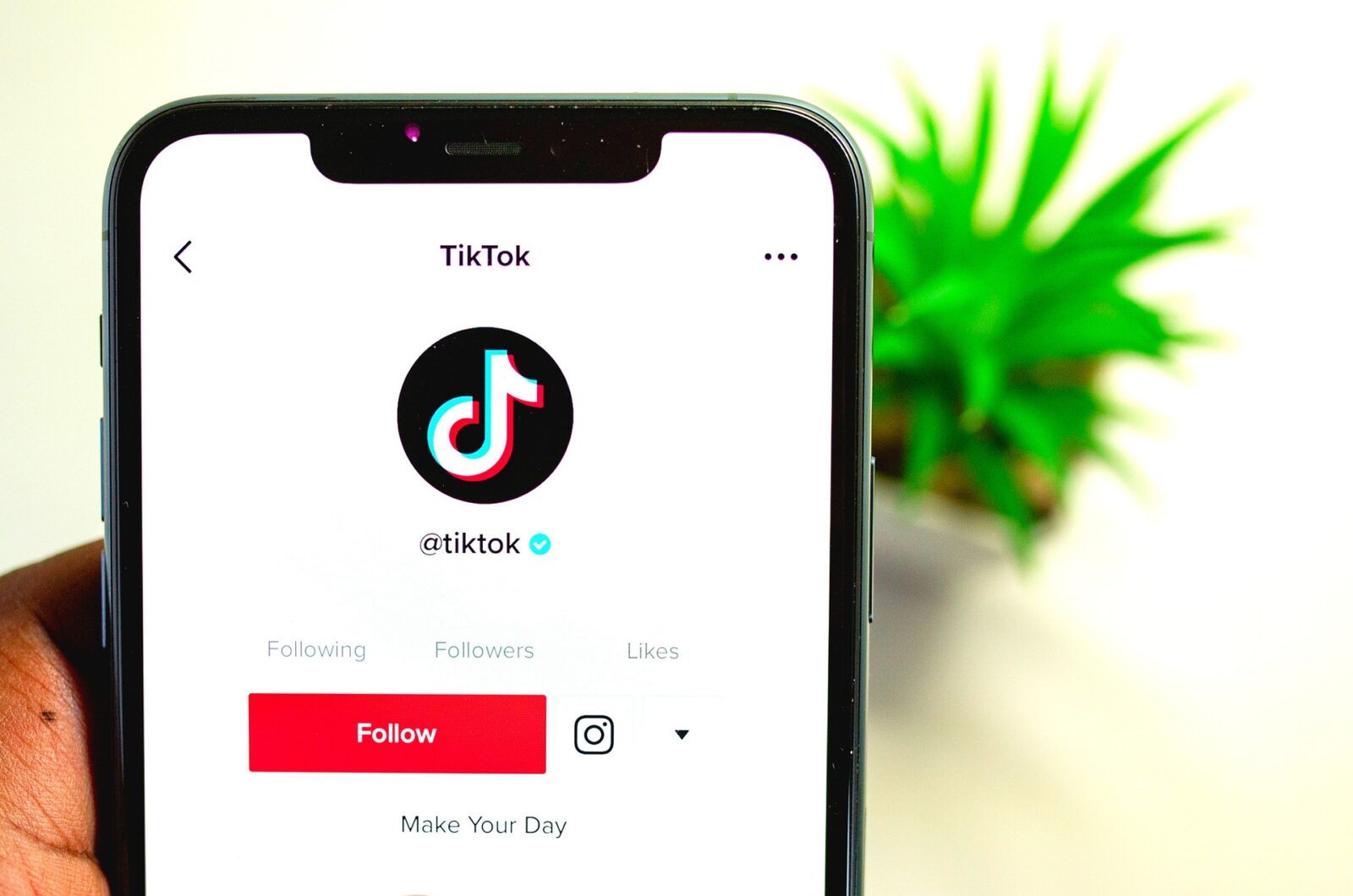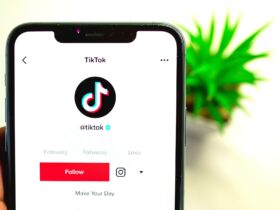A provision prohibiting the use of TikTok on government devices was included in the massive spending deal enacted by Congress. Along with a provision mandating internet platforms do more to discourage the sale of counterfeit goods by verifying vendors’ identities, the package also contains additional merger filing costs to fund antitrust regulators.
Many of the more extreme initiatives aimed against the computer sector, such as antitrust laws opposed by the business, stalled in Congress. TikTok, a popular video-sharing app owned by China’s ByteDance, has been the subject of rising worry, and the bipartisan funding measure that cleared both houses of Congress on Friday includes a prohibition on government equipment using the app.
In addition to requiring corporations contemplating significant mergers to pay extra to file with federal antitrust regulators, the measure, which still need President Joe Biden’s signature to become law, calls for e-commerce platforms to undertake more screening to help dissuade the sale of counterfeit products online. Many of the more aggressive initiatives attacking technology in Congress were defeated, including antitrust legislation that would have mandated that Apple and Google’s app stores provide developers with additional payment alternatives and a measure imposing new guardrails to safeguard children online. In addition, although Congress has made more progress this year than in the past to a settlement agreement on national privacy rules, only a patchwork of state laws now determines how consumer data is secured.
TikTok Ban
If the government were to prohibit TikTok on its devices, competitors like Snap and Meta’s Facebook and Instagram, which compete for the same youthful users, may gain. Law enforcement, national security, and academic research are exempt from the bill’s requirements.
Fear that TikTok’s ownership structure may expose U.S. user data has been expressed by lawmakers on both sides of the political spectrum and by FBI Director Christopher Wray, who points out that corporations domiciled in China may be forced by law to pass up user information. TikTok’s claims that it does not store data on its U.S. users in China have not eased users’ concerns.
The corporation has been negotiating with the government via the Committee on Foreign Investment in the United States in an effort to calm national security concerns.















Leave a Reply